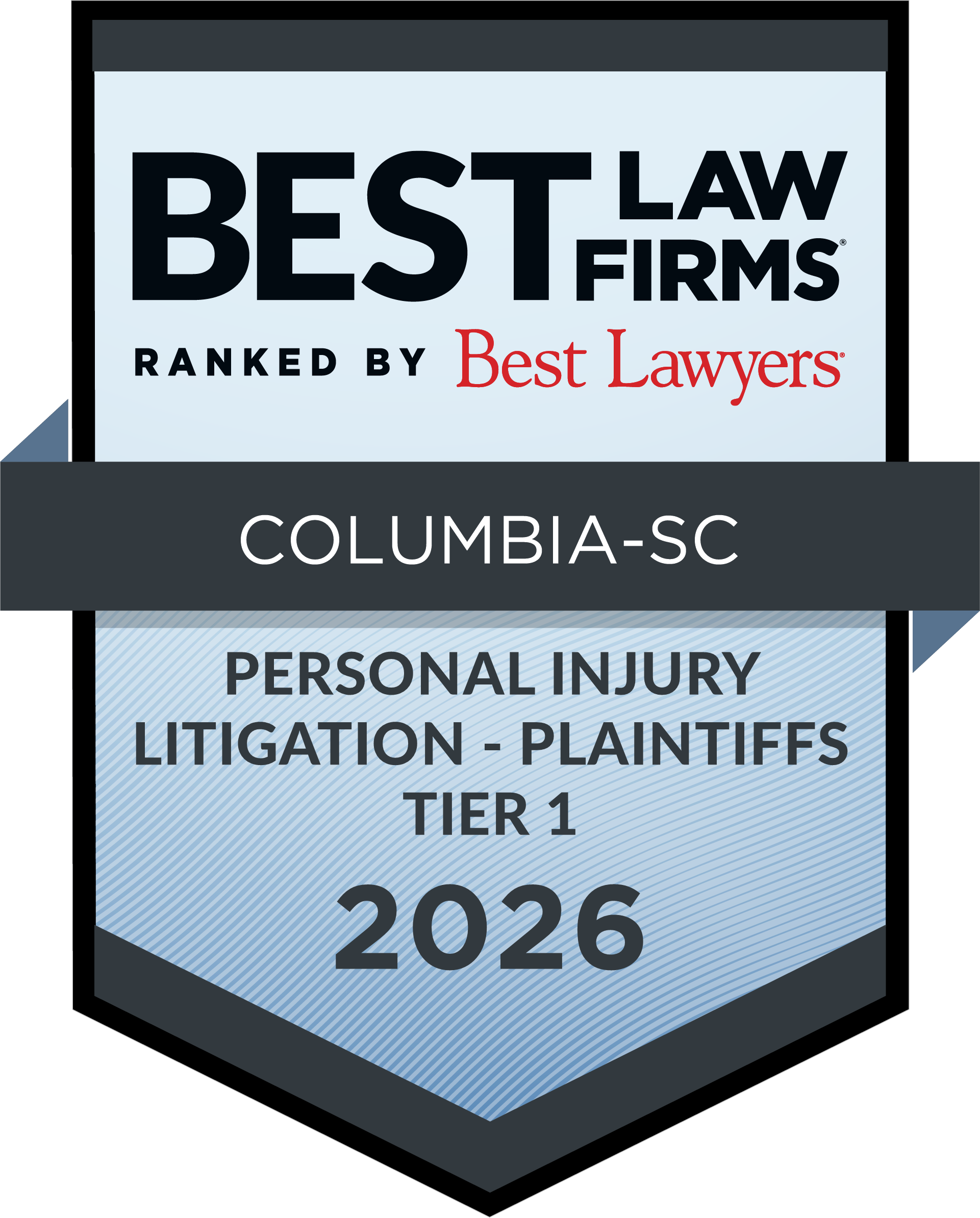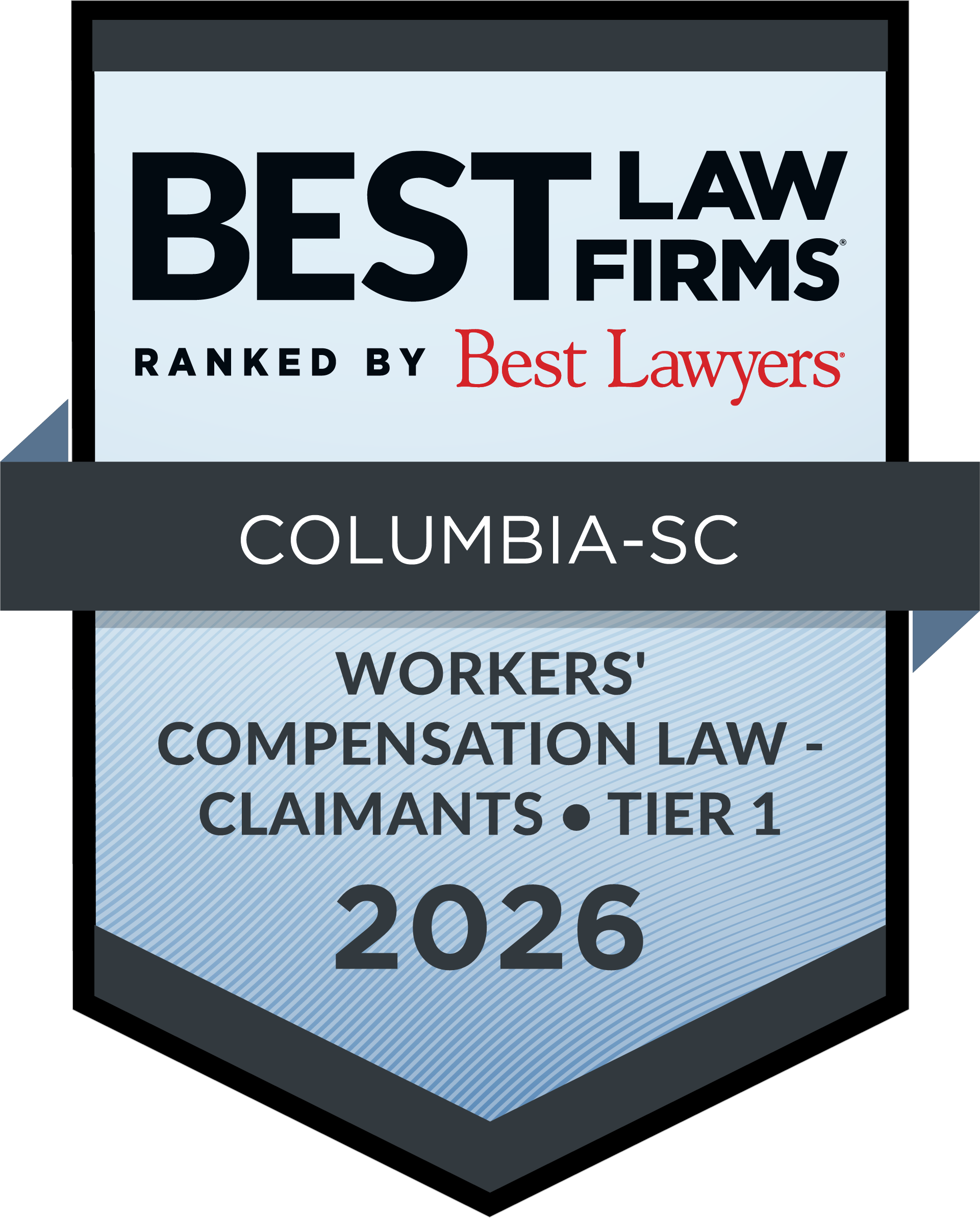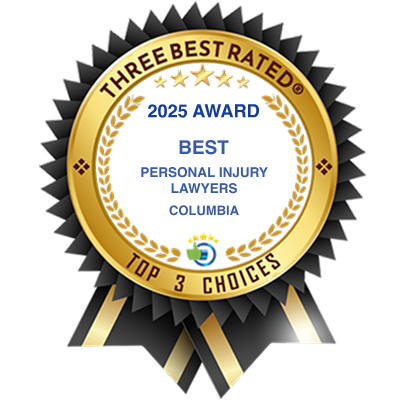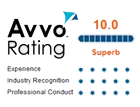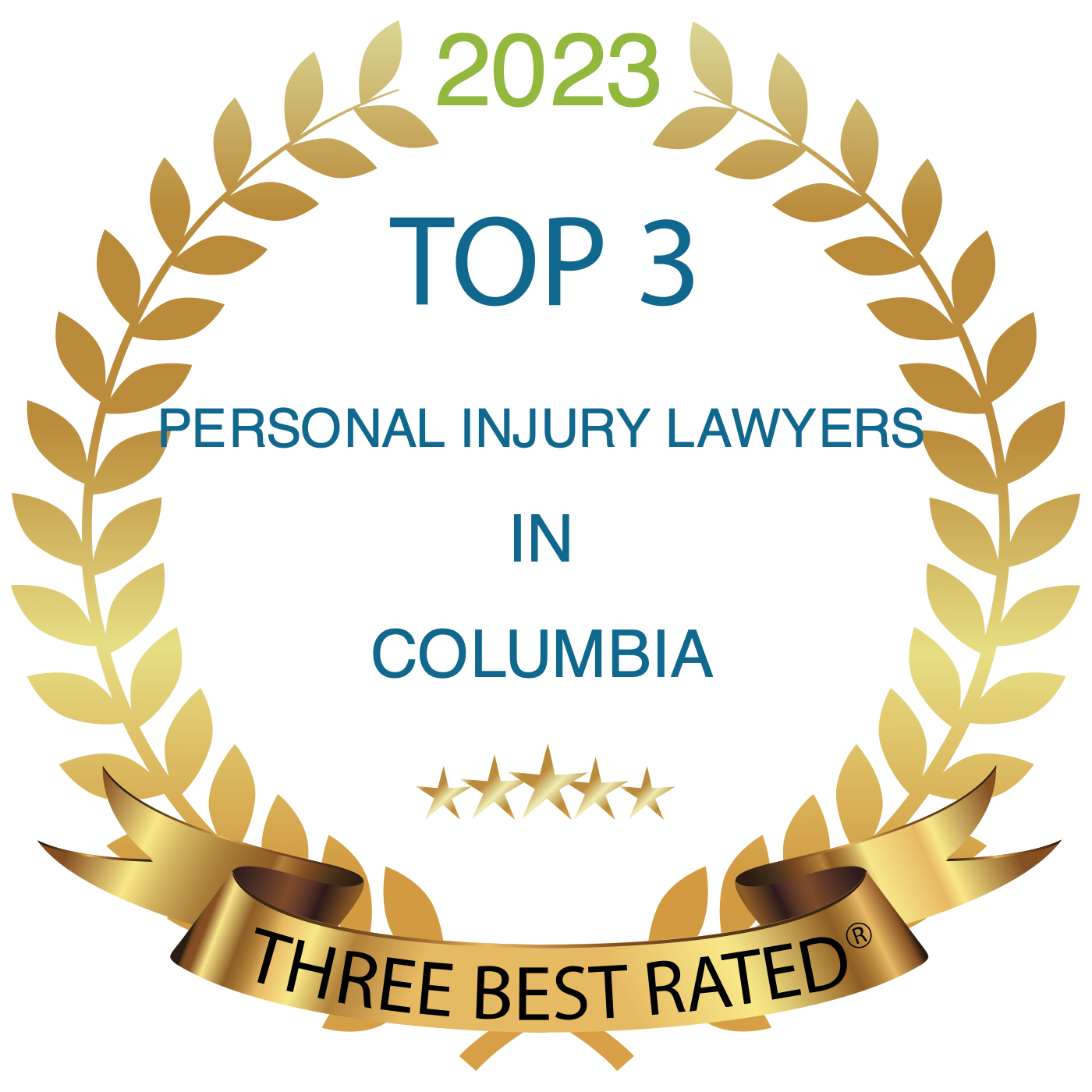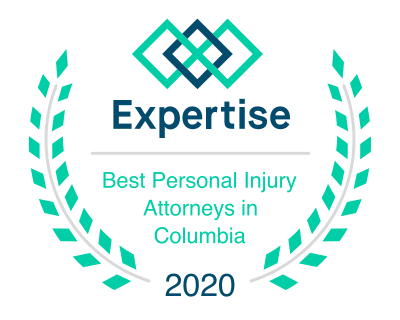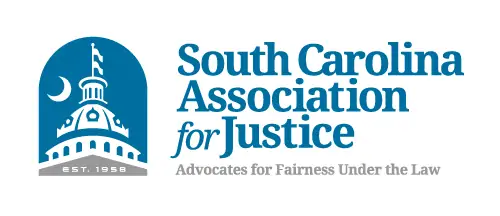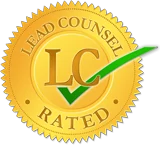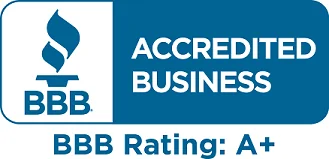Truck accidents cause devastating injuries and significant property damage. Unlike typical car accidents, commercial trucks weigh up to 80,000 pounds, creating catastrophic collisions and complex legal situations. The steps you take immediately after a truck accident significantly impact your health, safety, and legal rights. This guide explains the essential actions to take following a truck accident and why professional legal guidance from Goings Law Firm, LLC matters.
Prioritize Safety and Call Emergency Services
Your immediate priority is ensuring everyone’s safety. If you can safely do so, remain at the accident scene. Leaving the scene is illegal in South Carolina and results in serious criminal charges, regardless of fault.
If you’re in immediate danger, such as in traffic or if your vehicle is on fire, move to a safe location away from the roadway. Turn on your hazard lights to alert other drivers. Call 911 immediately if anyone appears injured. Emergency responders provide medical assistance and dispatch police to document the accident. An official police report becomes important documentation for your insurance claim and any legal action.
When speaking with the 911 dispatcher, provide your location, the number of vehicles involved, and whether anyone requires medical attention. Cooperate with police officers and provide factual information about the accident. The police report becomes an official record that insurance companies and our legal team rely on when investigating your claim.
Leaving before the police arrive or before exchanging information is a criminal offense. It also prevents you from establishing your account of what happened while the details are fresh, and raises suspicion about your involvement. Learn more about reporting your accident to insurance properly.
Seek Medical Attention Immediately
Even if you feel fine immediately after the accident, seek medical evaluation as soon as possible. Truck accidents often cause injuries that don’t manifest symptoms right away. Adrenaline and shock can mask pain and serious injuries for hours or even days after the collision.
Common truck accident injuries include traumatic brain injuries, spinal cord damage, internal bleeding, broken bones, and severe lacerations. Get evaluated by emergency medical personnel at the scene if available. If you decline medical attention at the scene, follow up with a doctor within 24 to 48 hours.
During your medical evaluation, inform the healthcare provider that you were in a truck accident and describe all symptoms you’re experiencing, even minor ones. Request comprehensive documentation of your injuries, including X-rays, CT scans, and medical notes. This medical documentation becomes critical evidence in your insurance claim and any legal action.
Continue following your doctor’s treatment recommendations and attend all follow-up appointments. Keep detailed records of every medical visit, including dates, providers, treatments, and costs. Delaying medical treatment or failing to follow the doctor’s orders can be used by insurance companies to argue that your injuries aren’t serious or weren’t caused by the accident. Understanding how medical bills are paid after a car accident is essential for your recovery.
Document the Accident Scene
Comprehensive documentation provides crucial evidence for your insurance claim and legal proceedings. If you’re physically able and it’s safe to do so, take photos and videos of all vehicle damage from multiple angles. Photograph the overall accident scene, including vehicle positions. Capture road conditions such as potholes, debris, or poor road maintenance that may have contributed to the accident. Document traffic signals, road signs, and lane markings.
Record the truck’s license plate, company name, and any identifying information visible on the vehicle. Photograph the truck driver and obtain their name, contact information, driver’s license number, and commercial license information. Request the truck driver’s insurance information and the name of their employer or trucking company.
Collect contact information from any witnesses present at the scene. Ask witnesses to describe what they saw and take notes of their statements. Request their phone numbers and email addresses so you can follow up later if needed. Proper witness documentation strengthens your case significantly.
Gather Critical Information from All Parties
Exchange contact and insurance information with the truck driver and any other parties involved. Obtain the truck driver’s full name, phone number, and address. Request their driver’s license number and note the state that issued it. Record the truck’s vehicle identification number (VIN), license plate number, and commercial license plate if applicable. Get the name of the trucking company or employer, along with their contact information and address.
Request the truck driver’s insurance information, including the insurance company name, policy number, and contact details. Obtain the police report number and the name and badge number of the responding officer.
Never admit fault for the accident or make statements suggesting you were responsible. Stick to factual descriptions of what happened without assigning blame. Avoid apologizing or expressing sympathy, as these statements can be misinterpreted as admissions of fault. Understanding how fault is determined in an accident helps protect your interests.
Notify Your Insurance Company
Report the accident to your insurance company as soon as possible, ideally within 24 hours. Most insurance policies require prompt notification of accidents. Provide factual information about what happened without admitting fault or speculating about liability. Describe the accident in neutral terms: “I was traveling northbound on Main Street when a truck crossed the center line and struck my vehicle.”
Keep detailed records of all communications with your insurance company, including the date, time, name of the representative you spoke with, and a summary of what was discussed. Request a claim number and the name of your assigned adjuster. Do not provide recorded statements or detailed written statements without consulting an attorney first.
South Carolina is a fault-based insurance state, meaning the at-fault party’s insurance is responsible for paying damages. Your insurance company will investigate the accident and determine liability. Learn more about uninsured and underinsured motorist coverage to protect yourself.
Frequently Asked Questions
How long do I have to file a truck accident claim in South Carolina?
South Carolina Code of Laws § 15-3-530 establishes a three-year statute of limitations for personal injury claims. This means you have three years from the date of the truck accident to file a lawsuit against the at-fault party. However, you should not wait until the deadline approaches to pursue your claim. Evidence can be lost, witnesses’ memories fade, and the longer you wait, the weaker your case becomes. Contact Goings Law Firm, LLC as soon as possible after your accident to ensure your rights are protected.
Can I be held liable if I was partially at fault?
South Carolina follows a comparative negligence standard under South Carolina Code Ann. § 15-38-15. This means that even if you were partially at fault for the accident, you can still recover damages from the other party. However, your recovery is reduced by your percentage of fault. For example, if you were 20 percent at fault and your total damages are $100,000, you can recover $80,000. However, if you are found to be more than 50 percent at fault, you cannot recover any damages. This is why it’s important to have an attorney investigate the accident thoroughly and establish that the truck driver or trucking company bears primary responsibility for the collision.
What damages can I recover after a truck accident?
You can recover both economic and non-economic damages. Economic damages include medical expenses, hospital bills, surgery costs, rehabilitation, ongoing medical treatment, lost wages, lost earning capacity, and property damage to your vehicle. Non-economic damages include pain and suffering, emotional distress, loss of enjoyment of life, disfigurement, and disability. In cases involving gross negligence or intentional misconduct, punitive damages may also be available. Contact Goings Law Firm, LLC at (803) 350-9230 to discuss your specific situation and learn what damages may apply to your case.
Consult an Experienced Truck Accident Attorney
Truck accidents are significantly more complex than typical car accidents. Commercial trucks are subject to federal regulations governing driver hours, vehicle maintenance, cargo loading, and safety equipment. Multiple parties may be liable for the accident, including the truck driver, the trucking company, the vehicle manufacturer, the cargo loader, or the truck owner.
Our experienced Columbia truck accident attorneys investigate the accident thoroughly, gathering evidence that insurance adjusters may overlook. Our legal team obtains the truck driver’s commercial driving record, safety violations, and hours-of-service logs. We review the trucking company’s maintenance records and safety history. We consult with accident reconstruction experts to determine how the accident occurred and who was at fault. We identify all potentially liable parties and pursue compensation from each.
Contact Goings Law Firm, LLC before accepting any settlement offers or providing detailed statements to insurance companies. Many of our attorneys offer free consultations to discuss your case and explain your legal options. Call (803) 350-9230 today. An attorney can evaluate your claim, estimate the value of your damages, and advise you on the best course of action. Having legal representation significantly increases the likelihood that you’ll receive full compensation for your injuries, medical expenses, lost wages, and pain and suffering. See our client testimonials to understand our proven record of success.



